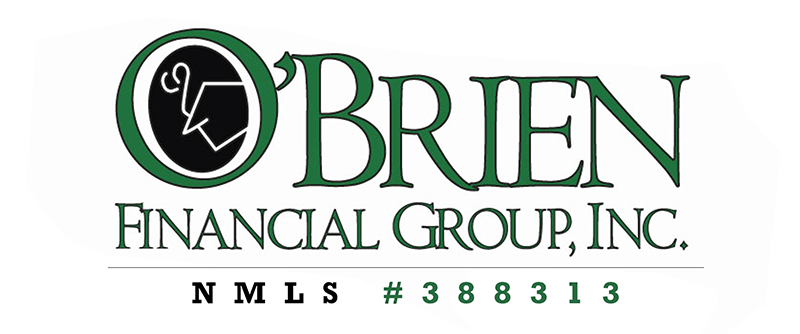
An adjustable-rate mortgage (ARM) is a type of home loan where the interest rate can change based on a specific financial index.
With an ARM, the interest rate is usually lower at the beginning of the loan term compared to a fixed rate mortgage but it can fluctuate over time based on market conditions.
Interest rate can change annually, every few years, or at other predetermined intervals.
The adjustment is usually based on a specific financial index such as the LIBOR, the prime rate, or the Treasury Bill rate.
The interest rate on the mortgage adjusts when the market index changes.
Adjustable-rate mortgages are typically structured with an initial fixed-rate period. during which the interest rate stays the same.
After that period ends, the interest rate may adjust annually or at other timeframes for the remaining term of the loan.
Pros of Adjustable-Rate Mortgage
Compared to fixed-rate mortgages, the initial interest rate with an ARM loan will be lower.
This can result in lower monthly mortgage payments and lower total interest costs over the life of the loan.
ARM loans can also offer flexibility in terms of the loan’s structure and repayment terms.
This can allow borrowers to customize their mortgage payments to better fit their financial situation.
If interest rates decline over time, the borrower’s monthly payment may decrease, potentially resulting in overall savings.
These lower initial interest rates on the ARM loans may allow borrowers to qualify for a larger loan amount than they would with a fixed-rate mortgage.
These loans can typically have shorter loan terms too, which can allow borrowers to pay off their mortgage quicker which builds equity faster.
These benefits do depend on various factors such as market conditions, the length of the loan term, and the specific terms of the ARM loan.
Cons of Adjustable-Rate Mortgage
There are several potential drawbacks of an adjustable-rate mortgage (ARM).
Uncertainty is one of the biggest drawbacks of this type of home loan.
Unlike a fixed-rate mortgage, the interest rate on an ARM loan can change over time, making it difficult for borrowers to predict their future monthly payments.
If interest rates increase over time, the borrower’s monthly payment may also increase, with the potential of financial strain.
Some ARM loans may have a feature called negative amortization, which means the monthly payment is not enough to cover the interest due, and the unpaid interest is added to the loan balance.
This will increase the amount owed over the life of the loan.
If interest rates rise significantly, it may be more difficult for borrowers to refinance their ARM to a fixed-rate mortgage, especially if the value of their home decreased.
Some of these types of loans may have prepayment penalties, which can make it costly to pay off the loan early.
Can a mortgage broker help you decide if an ARM is right for you?
A mortgage broker can explain the advantages and disadvantages of every type of home loan side by side which helps you to better understand the potential risks and benefits.
When your broker reviews your financial situation, including your income, expenses, and credit history, they will know if an ARM is the right match for you.
They can shop around to find the best deal on an ARM loan, including negotiating the interest rate and terms on your behalf.
Essentially, a mortgage broker can provide valuable expertise and guidance to help you make an informed decision on whether an ARM loan is the proper choice for your individual needs.
